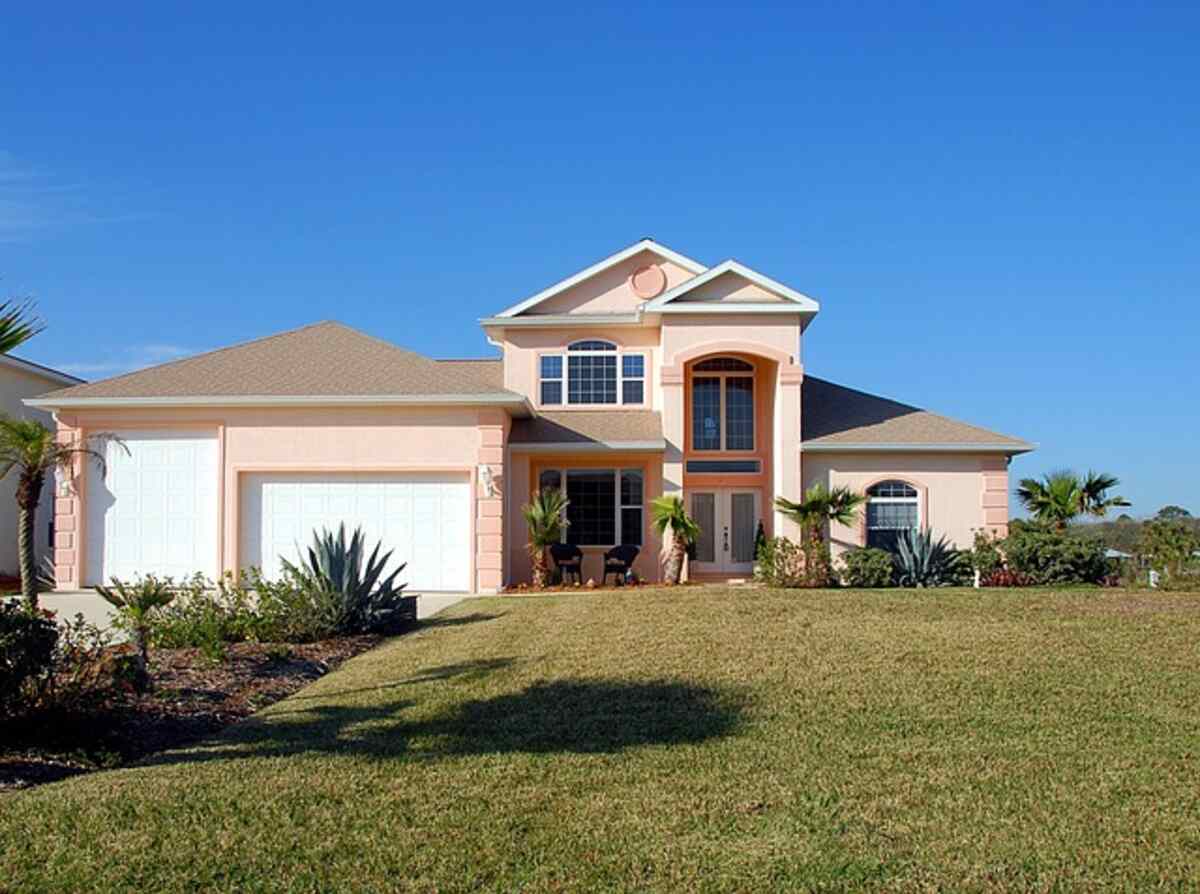Malta boasts an array of chic new-build apartments, maisonettes, villas, and historical houses for sale. To assist with the buying process, it would be wise to consult both a lawyer specializing in property law and a notary public who will help conduct searches and take other necessary legal steps to complete your transaction successfully. The Amazing fact about invest in Malta’s real estate.
Location
Malta’s small island offers a diverse property market that accommodates all lifestyles. From luxurious penthouses that overlook the sea to charming homes that blend character with tradition and even converted Palazzi fit for royalty – RE/MAX estate agents know Malta intimately and can assist in your property search process.
Malta offers excellent property investment opportunities in Sliema and St Julian’s, two famous cities renowned for their vibrant atmospheres filled with restaurants, shopping centers, and stunning seaside lookout points. Valletta and Mdina are popular areas where you can experience their rich culture and fast-paced lifestyle.
Are You Relocating Long Term to Malta? Various visa and residency programs can assist in becoming a permanent resident in as little as half a year, including citizenship in the country’s Special Designated Areas (SDAs), allowing you to enjoy all rights as Maltese citizens. If this sounds appealing, consider buying a luxury property in one of Malta’s Special Designated Areas (SDA). This way, you will enjoy all rights as Maltese nationals!
Types of property
Villas offer those seeking an idyllic residential experience on Malta a peaceful option with ample space and privacy, featuring gardens or pools. Apartments tend to be found more commonly in urban areas like Sliema or St Julian’s with sea views – ideal for young professionals seeking vibrant communities to call home.
Non-Maltese citizens looking to buy property in Malta will require what is known as an AIP (Acquisition of Immovable Property) permit; this does not apply when investing in Special Designated Areas or lifestyle developments.
Many investors are buying residential properties in Malta as a liquid asset investment to spend vacations there or gain residence permits through investments. Prices in Malta have experienced double-digit annual price appreciation – 3-6 percent each year1. Investors also choose Malta because its average growth rates surpass that of global real estate markets at 2%1.
Taxes
Property taxes in Malta tend to be relatively low. Foreign investors especially can take advantage of lower tax rates for gains from real estate sales compared to their home country, and specific property categories enjoy tax exemptions altogether.
On average, purchasing an attractive little character house in a typical village for approximately EUR425,000 is possible. At the same time, three-bedroom apartments in popular areas like Sliema or St Julians can cost as much as EUR1,300,000.
Non-EU citizens need an AIP permit to purchase property outside Special Designated Areas and are subject to minimum property values.
Once you find a property that meets your specifications, negotiating its price and terms with its seller should be easy. Once signed, a written Konvenju contract can be signed to allow you to move in and enjoy your new home! Off-plan property purchases in Malta offer exceptional capital appreciation potential thanks to its growing economy.
Legalities
Malta offers many different property types ranging from modern apartments to historic houses and luxurious palazzos available for sale. Due to its warm climate and rich history, Malta is an increasingly popular tourist and local travel destination.
In Malta, you will require a legal document called a promise of sale (Konvenju) to purchase real estate. This contract between buyer and seller binds both parties to complete the sale within an agreed-upon timeline; stamp duty and notary fees must also be paid, along with providing bank guarantees covering your purchase price.
Before purchasing any property, especially older properties, it is wise to commission a survey and get it professionally reviewed by an impartial third-party surveyor. This can help detect hidden issues that might cost more to fix later. In addition, make sure your homeland laws permit tax payments on Malta properties; taxes could include ground rent (land tax) or rental income tax that vary by category.
Insurance
Property investment in Malta is an attractive proposition that promises high returns over many years. Investors have their pick of new-build apartments, traditional homes, and converted palazzos, as well as luxury developments offering services such as porters and pools – but investors must ensure their portfolios are adequately insured before making this commitment.
Non-EU citizens can purchase real estate in Malta without needing an AIP permit if it’s located within a Special Designated Area (SDA). These developments typically feature amenities like porter services, reception areas, and pool maintenance teams; investing in such areas could even help qualify investors for citizenship investment.
At each stage of your buying journey, it is recommended to consult a lawyer and trusted agent to protect yourself from untrustworthy sellers who list inflated prices and don’t disclose construction violations or issues with documents. In addition, check your home country’s legislation as you might need to pay taxes when buying in Malta; finally, ensure a secure yet cost-effective method for sending funds abroad.
Read Also: Real Estate Market Comparison: Budapest Vs Other Major European Cities

